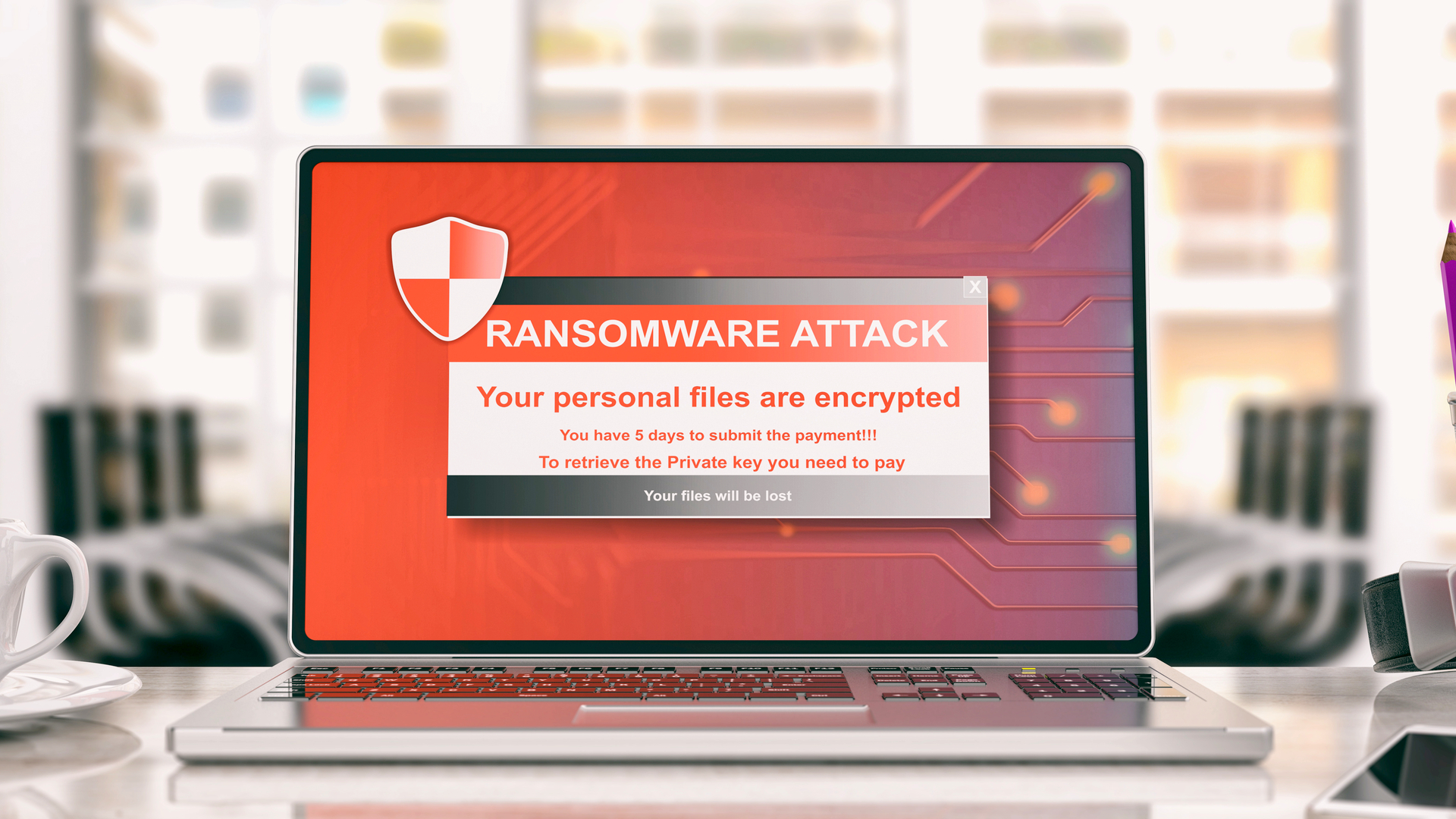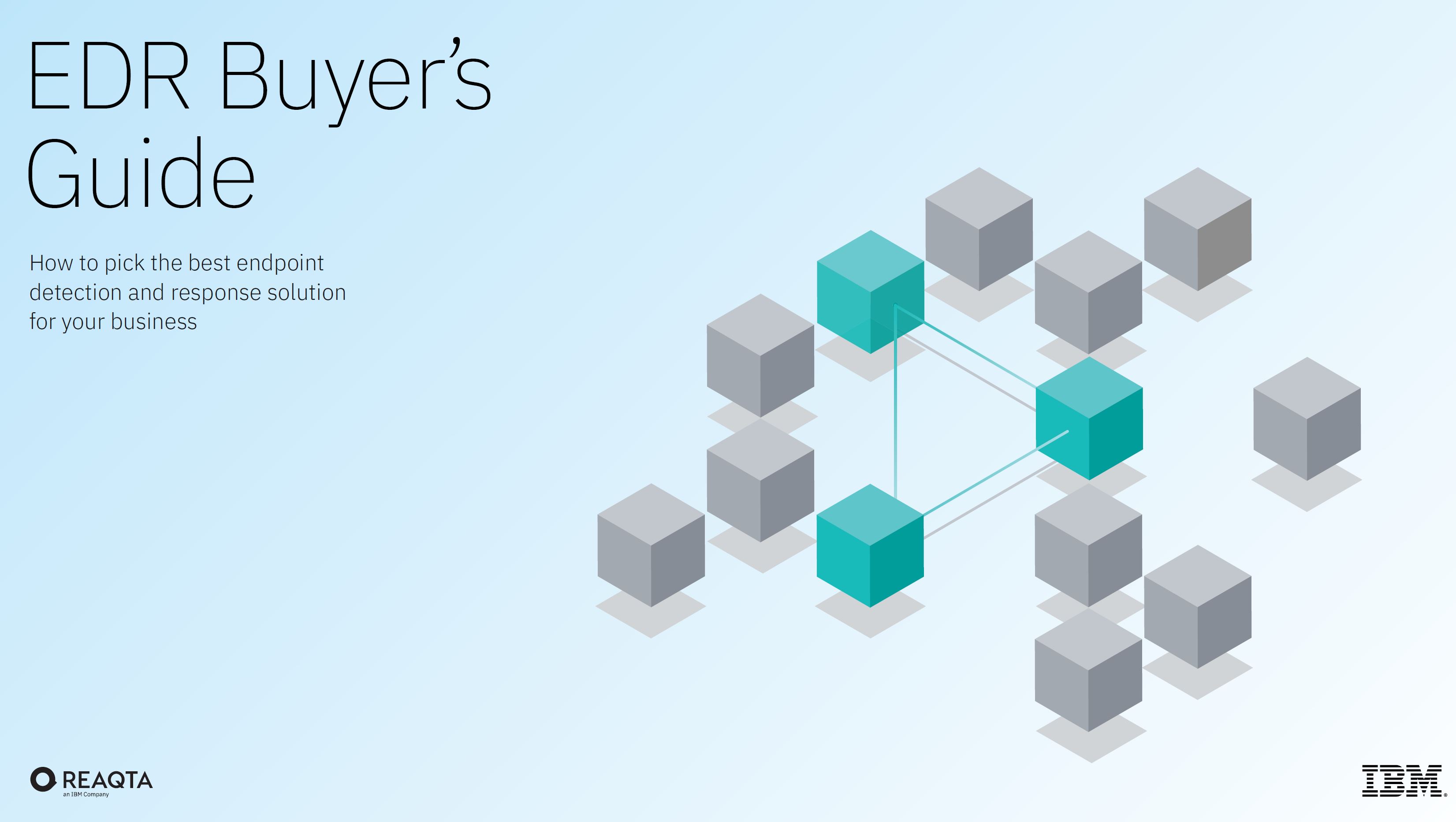QNAP fixes zero-day vulnerability following Deadbolt ransomware attack
The occurrence of the attack is the fourth in this year's Deadbolt attack series

Sign up today and you will receive a free copy of our Future Focus 2025 report - the leading guidance on AI, cybersecurity and other IT challenges as per 700+ senior executives
You are now subscribed
Your newsletter sign-up was successful
Taiwanese firm QNAP Systems has alerted customers to ongoing DeadBolt ransomware attacks that began on Saturday.
Per reports, the attack’s backdoor was a vulnerability in the firm’s private cloud storage for photos called Photo Station.
RELATED RESOURCE

An EDR buyer's guide
How to pick the best endpoint detection and response solution for your business
"QNAP Systems, Inc. today detected the security threat DEADBOLT leveraging exploitation of Photo Station vulnerability to encrypt QNAP NAS that are directly connected to the Internet," reads the firm’s security notice.
Since the beginning of the year, the DeadBolt ransomware group has been targeting NAS devices using an alleged zero-day vulnerability on Internet-exposed devices.
In response to the recent attack, QNAP’s product security incident response team (PSIRT) released a patched Photo Station app, urging QNAP NAS users to update to the newest version.
The security updates came 12 hours after DeadBolt began using the zero-day vulnerability in its attacks. To ensure continued services, QNAP also suggested users replace their Photo Station app with QuMagie, a safer photo storage management tool for QNAP NAS devices.
Additionally, the firm advised users to avoid connecting their QNAP NAS devices to the internet as a precaution.
Sign up today and you will receive a free copy of our Future Focus 2025 report - the leading guidance on AI, cybersecurity and other IT challenges as per 700+ senior executives
“We recommend users to make use of the myQNAPcloud Link feature provided by QNAP, or enable the VPN service. This can effectively harden the NAS and decrease the chance of being attacked,” said QNAP in a statement.
-
 ITPro Best of Show NAB 2026 awards now open for entries
ITPro Best of Show NAB 2026 awards now open for entriesThe awards are a fantastic opportunity for companies to stand out at one of the industry's most attended shows
-
 Mistral CEO Arthur Mensch thinks 50% of SaaS solutions could be supplanted by AI
Mistral CEO Arthur Mensch thinks 50% of SaaS solutions could be supplanted by AINews Mensch’s comments come amidst rising concerns about the impact of AI on traditional software
-
 Ransomware gangs are using employee monitoring software as a springboard for cyber attacks
Ransomware gangs are using employee monitoring software as a springboard for cyber attacksNews Two attempted attacks aimed to exploit Net Monitor for Employees Professional and SimpleHelp
-
 Ransomware gangs are sharing virtual machines to wage cyber attacks on the cheap – but it could be their undoing
Ransomware gangs are sharing virtual machines to wage cyber attacks on the cheap – but it could be their undoingNews Thousands of attacker servers all had the same autogenerated Windows hostnames, according to Sophos
-
 Google issues warning over ShinyHunters-branded vishing campaigns
Google issues warning over ShinyHunters-branded vishing campaignsNews Related groups are stealing data through voice phishing and fake credential harvesting websites
-
 The FBI has seized the RAMP hacking forum, but will the takedown stick? History tells us otherwise
The FBI has seized the RAMP hacking forum, but will the takedown stick? History tells us otherwiseNews Billing itself as the “only place ransomware allowed", RAMP catered mainly for Russian-speaking cyber criminals
-
 Everything we know so far about the Nike data breach
Everything we know so far about the Nike data breachNews Hackers behind the WorldLeaks ransomware group claim to have accessed sensitive corporate data
-
 There’s a dangerous new ransomware variant on the block – and cyber experts warn it’s flying under the radar
There’s a dangerous new ransomware variant on the block – and cyber experts warn it’s flying under the radarNews The new DeadLock ransomware family is taking off in the wild, researchers warn
-
 Hacker offering US engineering firm data online after alleged breach
Hacker offering US engineering firm data online after alleged breachNews Data relating to Tampa Electric Company, Duke Energy Florida, and American Electric Power was allegedly stolen
-
 Cybersecurity experts face 20 years in prison following ransomware campaign
Cybersecurity experts face 20 years in prison following ransomware campaignTwo men used their tech expertise to carry out ALPHV BlackCat ransomware attacks